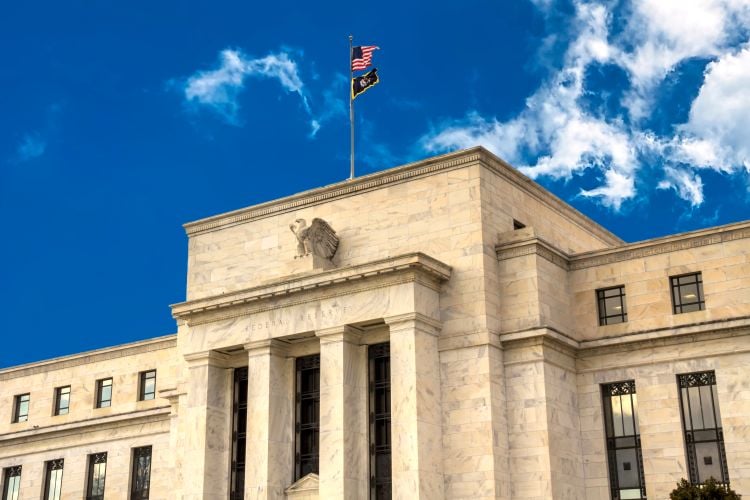In early 2006, when Ben Bernanke replaced Alan Greenspan as Federal Reserve Chair, the Economist magazine ran a memorable cover. It had Greenspan and Bernanke in a relay race. However, instead of Greenspan passing Bernanke a regular relay baton, it had him passing Bernanke a stick of dynamite. That cover proved to be prescient. In September 2008, the Lehman bankruptcy occurred, which triggered a world financial market crisis and the 2008–2009 Great Economic Recession.
Before year-end, President Trump is expected to announce a replacement for Fed Chair Jerome Powell, whose term is due to expire in May next year. He will do so at a time that the country’s public debt is on a clearly unsustainable path, the international trading system is under considerable stress, and bubble-like conditions are characterizing both the stock market and the private credit market. To compound matters, the next Fed Chair will have to work with a president intent on undermining the Fed’s independence by stacking its board with his nominees, who will keep pressing for lower interest rates. This has to make one wonder whether the Economist will run another cover, but this time having, Powell instead of Greenspan pass his successor a stick of dynamite.
Conducting monetary policy is not easy at the best of times. However, it is particularly difficult when the country is saddled with a high public debt and is recording large budget deficits. Yet this is precisely the situation that Powell’s successor will be inheriting. According to the IMF, the US budget deficit is forecast to hover at around seven percent of GDP for as far as the eye can see. That will cause the public debt to rise to around 128 percent of GDP by 2030 or to a level comparable to those of highly indebted countries like Greece and Italy.
A key vulnerability of the US economy is that it relies heavily on foreigners to finance its budget and external current account deficits. According to the US Treasury, foreigners now own $8.5 trillion or around 30 percent of the $29 trillion in outstanding US Treasury bonds. If, for any reason, foreigners become reluctant to finance our budget deficit or to roll over their bond holdings at maturity at current interest rates, we could see a sharp spike in long-term interest rates. In turn, that could constitute a major headwind to the economic recovery and cause considerable stress in the financial system.
A principal challenge of the incoming Fed Chair will be to maintain investor confidence that the US is committed to keeping inflation under control and has no intention to inflate away the public debt. That could prove to be a very difficult challenge should President Trump continue to undermine the Fed’s independence and to stack the Fed’s Board with appointees who will do his bidding. It could also prove difficult if the administration begins talking again about the forced conversion of foreign-owned Treasury bonds into 100-year zero-coupon bonds.
Another major challenge to the incoming Fed Chair could be the handling of the fallout from the bursting of a stock market and credit market bubble. The chances of this occurring sometime next year would seem very real, given the chances that the country’s public finance problem could lead to a spiking of long-term interest rates. If the past is any guide, one cannot dismiss the chance of a 40 percent decline in equity prices given, that the current Cyclically Adjusted Price Earnings ratio of the S&P 500 at around 40 is more than double its long-run average. Something similar might be said of Warren Buffett’s stock market valuation to GDP ratio, which is currently some 50 percent higher than its previous all-time high. Given the current problems emerging in the $1.5 trillion private credit market, one also cannot discount the chances of a private credit market crisis.
Dealing with a credit or stock market crisis is a difficult challenge for the Fed in the best of times. Doing so against the backdrop of the chaotic macroeconomic policy-making of the Trump administration will make those challenges all the more daunting. Jerome Powell will be thanking his lucky stars that he will not be the one to deal with the Herculean task of having to steady the economy when the various financial market bubbles burst.
